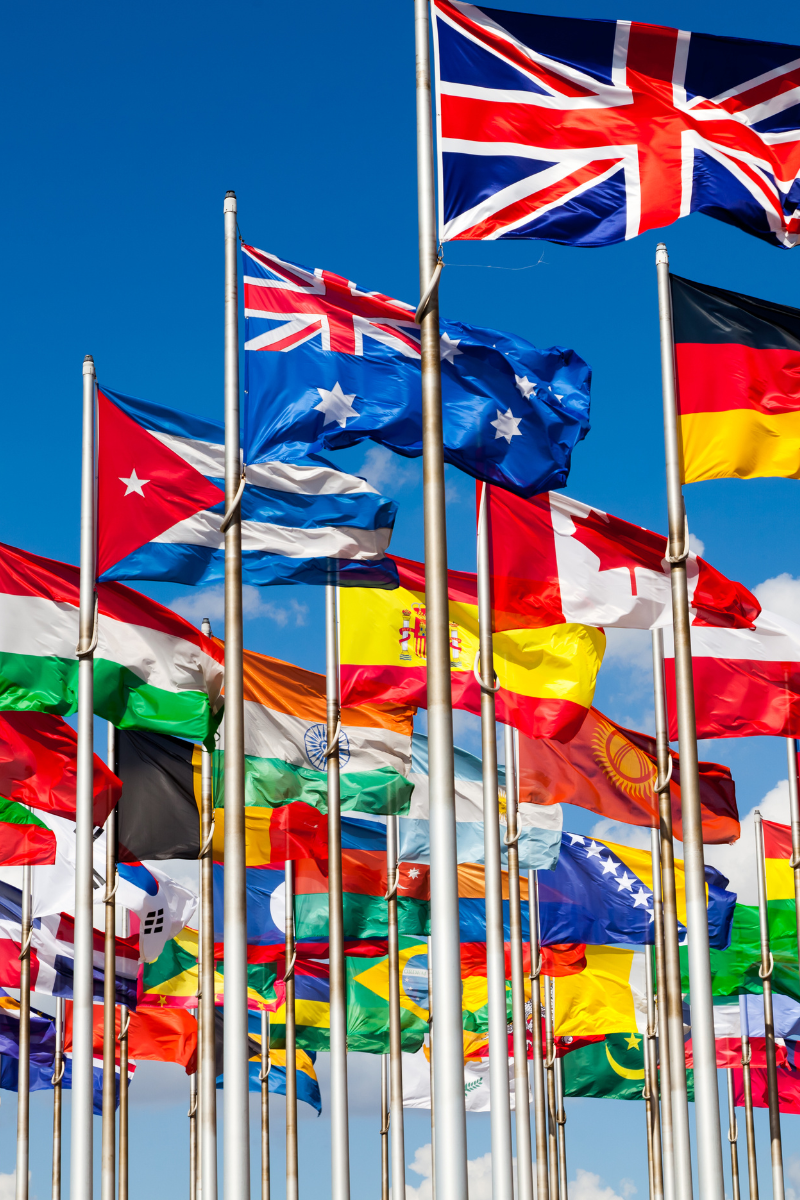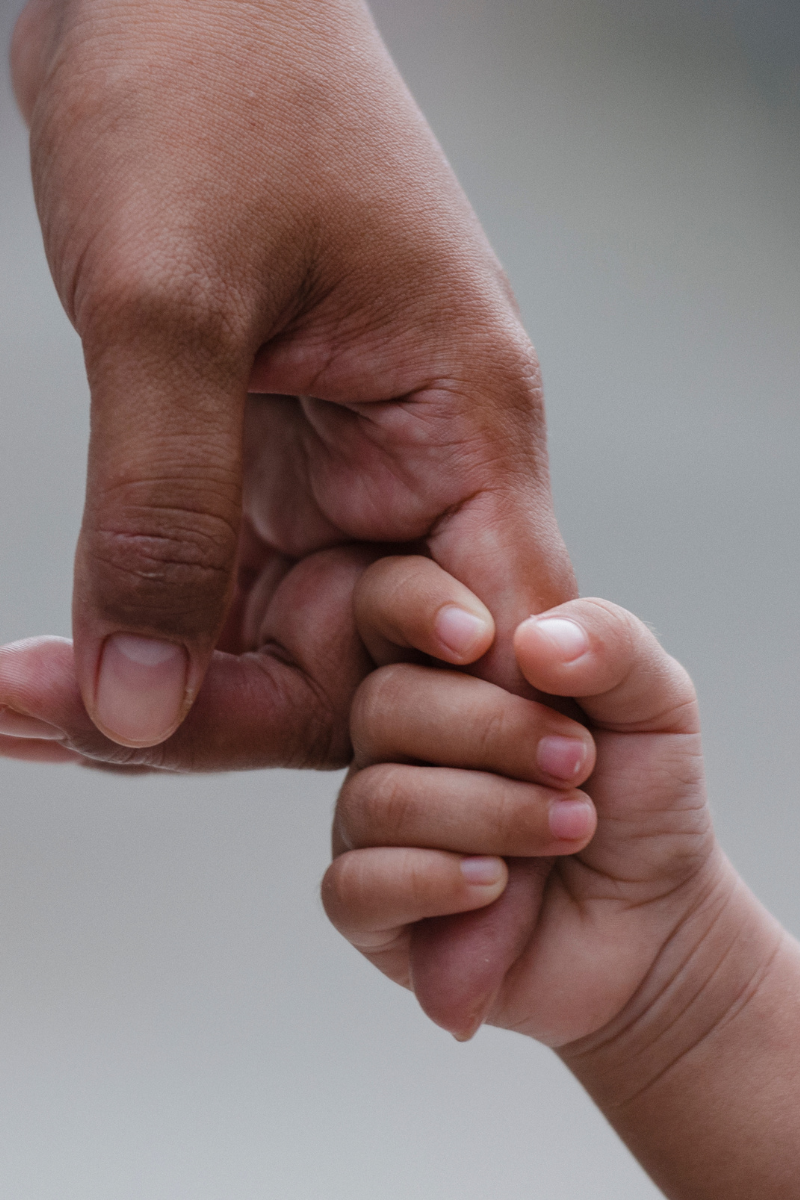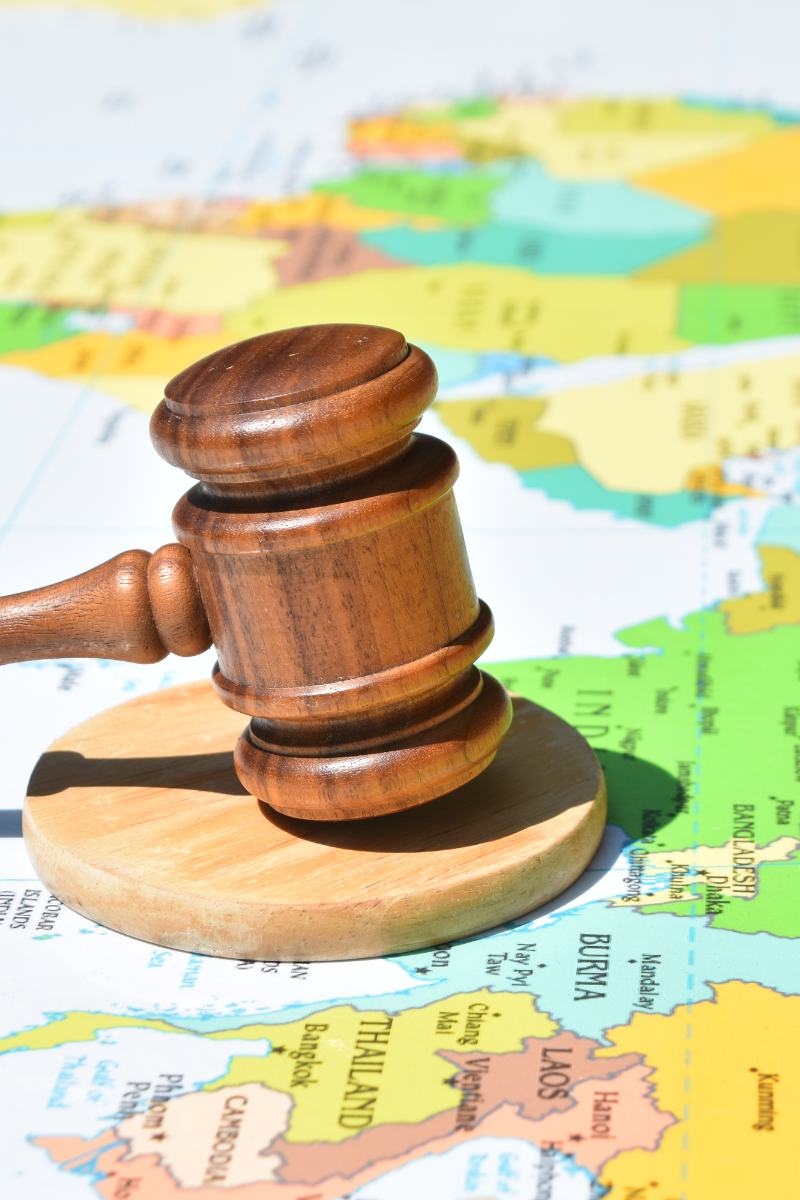What Are the Defenses to the Hague Convention?
International family law disputes can be incredibly complex, especially when they involve allegations of child abduction. The Hague Convention on the Civil Aspects of International Child Abduction was created to address such situations and help ensure the prompt return of abducted children to their country of habitual residence. However, the Convention also acknowledges that not every case merits a return order. Certain legal defenses exist to protect the child and the parties involved.
At Masters Law Group, we’re highly experienced in navigating these emotionally charged and legally intricate cases. Today, we’re diving into the recognized defenses under the Hague Convention, explaining when and how they apply, and what they mean for parents and guardians facing these critical legal battles.
Overview: The Hague Convention on the Civil Aspects of International Child Abduction
The Hague Convention, established in 1980 and ratified by over 100 countries, is a multilateral treaty that seeks to protect children from wrongful international removal or retention by encouraging their swift return to their country of habitual residence. The Convention is not designed to determine custody rights but rather to help ensure that custody decisions are made by courts in the appropriate jurisdiction.
Under the Convention, a parent can request the return of a child under 16 years of age if:
- The child was habitually resident in one Convention country.
- The child was wrongfully removed to or retained in another Convention country.
- The removal or retention breaches the custody rights of the left-behind parent.
However, even when all these elements are satisfied, the respondent (the parent who took or retained the child) may assert specific affirmative defenses to oppose the return.
What Are the Defenses to a Hague Return Petition?
The Hague Convention outlines six specific defenses that can help prevent a child from being returned to their habitual residence. While these defenses are narrowly construed (as the Convention favors return), they are essential in certain cases to help protect the well-being of the child.
Here are the primary defenses recognized under the Convention:
1. Grave Risk of Harm (Article 13(b))
Explanation:
Perhaps the most cited and contested defense, Article 13(b) provides that the return of the child can be refused if it would expose the child to a grave risk of physical or psychological harm or otherwise place the child in an intolerable situation.
Examples of when this might apply:
- Evidence of domestic violence or abuse by the left-behind parent.
- Situations where the child would be returned to a war zone.
- Severe neglect, mental health issues, or substance abuse problems in the home country.
Important to know:
The burden of proof lies with the respondent, and courts require clear and convincing evidence. Mere allegations are not enough; the danger must be serious, imminent, and substantiated.
2. Child’s Objection to Return (Article 13)
Explanation:
If the child is of sufficient age and maturity, the court may take into account the child’s views and refuse to order the return.
Key considerations:
- The child must have a strong, well-reasoned objection (not simply a preference).
- The court will evaluate the child’s age, intelligence, maturity, and reasons for the objection.
- The objection must be free from undue influence or manipulation by either parent.
Typically invoked for:
Children over the age of 10, although age is not a strict determinant. Maturity is evaluated on a case-by-case basis.
3. Consent or Acquiescence (Article 13(a))
Explanation:
A return may be refused if the petitioner consented to or later acquiesced in the removal or retention of the child.
What does that mean?
- Consent occurs before the removal or retention (e.g., the petitioner gave prior approval for a move abroad).
- Acquiescence happens after the fact (e.g., the petitioner knew of the retention and did not object for a significant period).
Proving this defense:
Often hinges on emails, texts, written agreements, or witness testimony. Passive behavior alone may not constitute acquiescence, but it can be considered in context.
4. More Than One Year Has Passed (Article 12)
Explanation:
If the return petition is filed more than one year after the wrongful removal or retention, and it is shown that the child is now settled in their new environment, the court may refuse the return.
How is “settled” defined?
- The child’s adjustment to school, home life, social connections, and community.
- Stability in living arrangements.
- Immigration status and overall well-being.
Important nuance:
Even if more than a year has passed, courts can still order a return if it serves the best interests of the child. This is a discretionary defense, not an automatic bar.
5. Human Rights and Fundamental Freedoms (Article 20)
Explanation:
A return can be refused if it would violate the fundamental principles of human rights and freedoms in the requested state.
Rarely used, but still relevant.
This defense is very limited and is usually only successful in extreme cases, such as returning a child to a country where they would face systemic abuse, persecution, or discrimination that fundamentally violates human rights.
6. Non-Exercise of Custody Rights (Implied Defense)
Explanation:
Although not a formal Article-based defense, a return petition can be denied if the petitioner was not exercising their custody rights at the time of the removal or retention.
For example:
- If the left-behind parent abandoned the child or showed no interest in their welfare.
- If there is substantial evidence that the parent relinquished custody responsibilities.
The Convention requires that the removal or retention violates existing custody rights—rights that must be actively exercised.
Burden of Proof and Standards
Each defense under the Hague Convention has a distinct burden of proof:
| Defense | Standard of Proof |
| Consent or Acquiescence | Preponderance of the evidence |
| More than one year + settled | Preponderance of the evidence |
| Grave risk of harm | Clear and convincing evidence |
| Child’s objection | Preponderance of the evidence |
| Human rights/fundamental freedoms | Typically preponderance |
| Non-exercise of custody | Preponderance of the evidence |
The “preponderance of the evidence” means the claim is more likely than not to be true, while “clear and convincing” requires a higher degree of certainty.
How U.S. Courts Apply the Defenses
U.S. federal and state courts have developed a substantial body of case law interpreting Hague Convention defenses. Courts are generally reluctant to deny return unless the defense is solidly established, in line with the Convention’s objective to deter international child abduction.
Notably, in Monasky v. Taglieri (2020), the U.S. Supreme Court addressed the issue of habitual residence, making it easier for courts to determine jurisdiction based on the totality of circumstances rather than formal agreements.
In grave risk cases, U.S. courts may consider implementing “ameliorative measures” or “undertakings”—such as requiring the left-behind parent to provide safe housing or counseling—to help mitigate the risk and still permit the child’s return.
Defenses Are Not a Custody Determination
It is critical to emphasize that Hague Convention proceedings are not custody battles. The purpose is solely to determine whether the child should be returned to the home country so that custody can be properly adjudicated there.
Even if a parent believes they are better suited to raise the child or that the child prefers living with them, those factors are not defenses unless tied to one of the above legal standards.
Working With a Hague Convention Attorney at Masters Law Group
Given the narrow scope and complexity of Hague defenses, legal representation can be extremely helpful. At Masters Law Group, we provide seasoned legal counsel for both petitioners and respondents in Hague Convention cases.
Our team has successfully handled international abduction cases in various jurisdictions and understands the intricate legal and emotional dynamics involved. We work closely with local and international counsel, child psychologists, and legal experts to present the strongest possible case, whether that means proving a wrongful removal or establishing a valid defense against return.
Real Results: Successful Hague Cases
Masters Law Group has successfully represented parents in numerous high-profile Hague Convention cases across the U.S. Below are a few recent examples:
2024:
- District of South Carolina Rock Hill Division / Mexico: Decision and Order/ Motion for Summary Judgment
- Northern District of Illinois / Ireland: Memorandum Opinion and Order
- Western District of Michigan / Brazil: Representative Decisions
- District of Colorado / Colombia: Aguirre, Decision and Order
2023:
- Northern District of California / Cyprus: Efthymiou v. Labonte, Findings of Fact and Conclusions of Law
- Southern District of Iowa / Mexico, Order Adopting Report and Recommendation
Prior:
- Eastern District of Wisconsin / Mexico: Hinnendael, Decision and Order
- Northern District of Illinois / New Zealand: Ho, Memorandum Opinion and Order
- Northern District of Illinois / Lithuania: Sulcaite, Memorandum Opinion and Order
Final Thoughts
The Hague Convention plays a crucial role in resolving cross-border child abduction disputes, promoting cooperation between countries, and helping to safeguard children’s rights. However, it also recognizes that in some cases, returning a child may not be in their best interest.
Understanding the defenses to the Hague Convention is critical for anyone involved in such a dispute. These legal defenses are designed to help ensure the Convention’s goals are met without compromising a child’s safety or well-being.
If you are involved in an international custody dispute or believe your child has been wrongfully taken to or retained in another country, we urge you to contact Masters Law Group. Our experienced attorneys will guide you through the process and fight for the best outcome for you and your family.
Contact Masters Law Group
Masters Law Group, LLC
30 W. Monroe St., Suite 1250
Chicago, IL 60603
📞 (312) 609-1700
🌐 www.masters-lawgroup.com
📧 info@masters-lawgroup.com
FAQs: Defenses to the Hague Convention
- What is the most commonly used defense under the Hague Convention?
The most commonly used defense is the “grave risk of harm” defense under Article 13(b). This applies when returning the child to their home country would expose them to serious physical or psychological harm or place them in an intolerable situation. Courts scrutinize this defense closely and require strong, credible evidence. - Can a child choose not to return under the Hague Convention?
Yes, but only under certain circumstances. If the child is of sufficient age and maturity and expresses a well-reasoned objection to returning, courts may consider this under Article 13. However, the child’s preference must be genuine, informed, and free of parental influence. Courts often look for corroborating evidence to support the child’s objection. - Does waiting too long to file a Hague petition hurt my case?
It might. If you file the petition more than one year after the abduction or wrongful retention, and the child is now “settled” in their new environment, the court may choose not to return the child. However, courts can still order a return even after one year if it serves the child’s best interest or if the child is not truly settled. - Can I stop a Hague return if I had custody at the time of removal?
Not necessarily. Having custody rights strengthens your case, but if you consented to or later acquiesced in the child’s relocation, or were not actively exercising your custody rights, the court might refuse to order the child’s return. The specifics of your custody arrangements and behavior before and after the removal will be closely examined. - What should I do if I’m facing a Hague case or want to assert a defense?
Consult with a qualified Hague Convention attorney immediately. Hague Convention cases are time-sensitive and involve strict legal standards. An experienced lawyer can help you gather evidence, prepare your defense, and represent your interests in court. At Masters Law Group, we have deep experience on both sides of Hague proceedings and are ready to assist you.

























